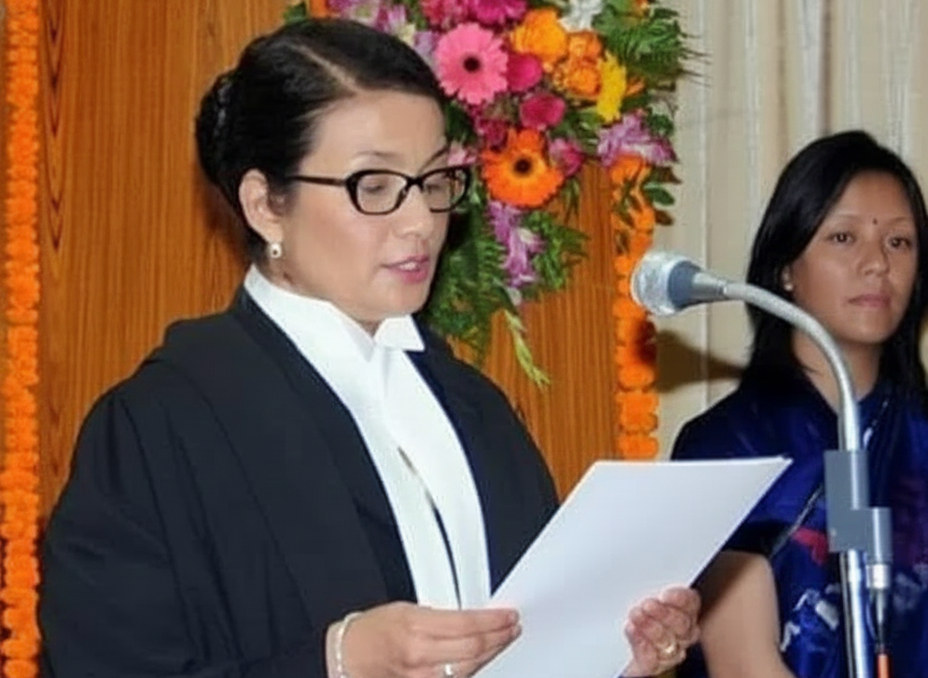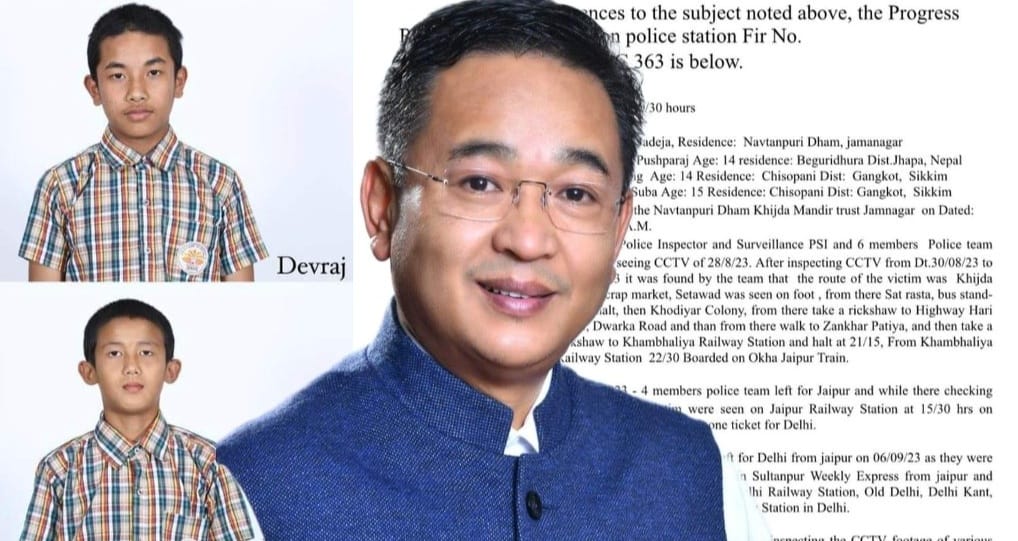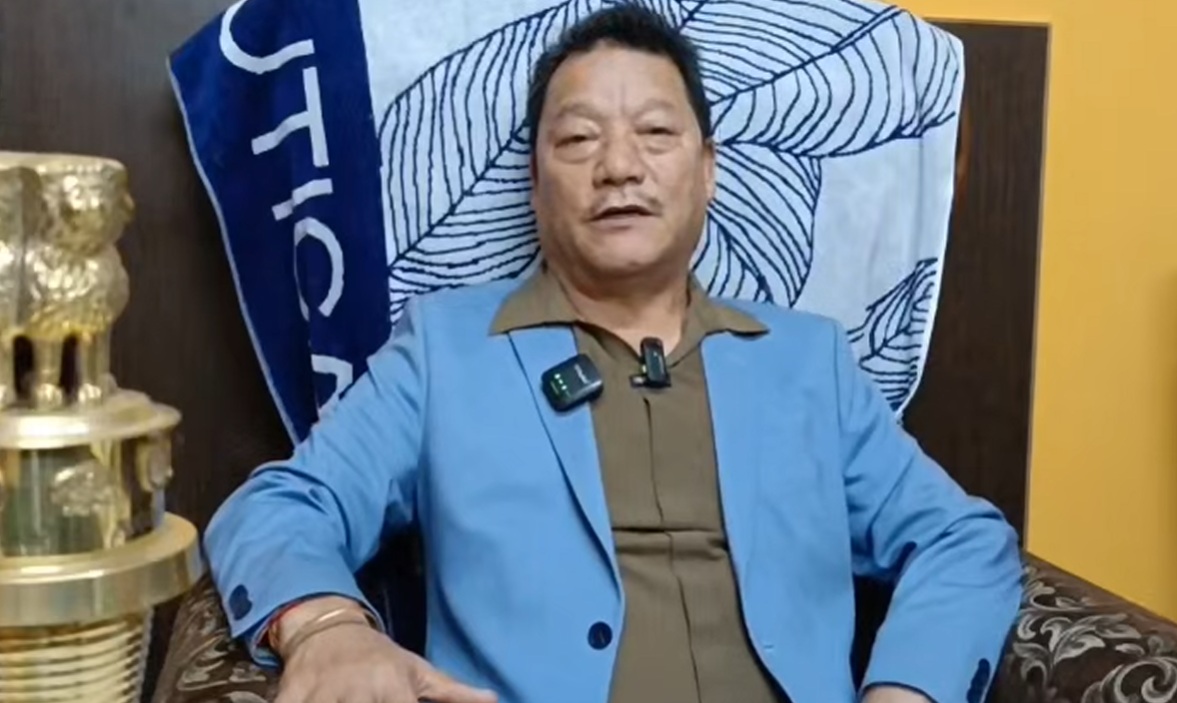
Pakyong, Aug 3 : The Pakyong District Civil Court (Senior Division) Judge Urvashi Pradhan has dismissed a property claim in a case filed by Uday Kumar Pandey against Vijay Kumar Pandey and others, reinforcing the strict application of Sikkim’s land laws. The verdict, delivered by Judge Urvashi Pradhan, completely rejected the plaintiff’s claim to a share of property in Ranik Bazaar.
Uday Kumar Pandey, who claimed to be the nephew of the late Gopal Pandey, had sued for an equal share of a two-story wooden house, garden, and land. He argued that Gopal Pandey had purchased the property and that, as a legal heir, he and Vijay Kumar Pandey were entitled to the estate upon Gopal Pandey’s death.
However, the court’s judgment found this claim legally invalid. The court ruled that the property was not purchased by Gopal Pandey but was instead allocated to him by the Urban Development and Housing Department (UDHD). This finding invalidated the core basis of the plaintiff’s case. The plaintiff also failed to provide necessary documentation to prove whether the allocation was permanent or temporary.
A crucial legal point in the ruling was the plaintiff’s admission that he did not possess a Sikkim Subject certificate, a Certificate of Identification (COI), or a residential certificate. The court determined that without these documents, he was ineligible to claim immovable property in the state.
The judgment also highlighted that under the Sikkim Allotment of Lands and Buildings (Regulation and Control) Act, 1985 and the Sikkim Regulation of Transfer of Land Act, 2005, the definition of “family” does not include a nephew. Therefore, the court concluded that the plaintiff could not claim property rights on the grounds of being a legal heir.
Judge Pradhan’s ruling stated that if the allocation to Gopal Pandey was temporary, the property would revert to the state government upon his death. If it was a permanent allocation, the plaintiff would still not be legally entitled to the transfer of immovable property.
The court also declared a previously executed property division document between the plaintiff and the defendant invalid.
This decision sends a clear message that Sikkim’s laws regarding the ownership and transfer of immovable property are being strictly enforced. The case, which was of significant local interest, underscores the critical importance of citizenship status and legal documentation in property matters within the state.





